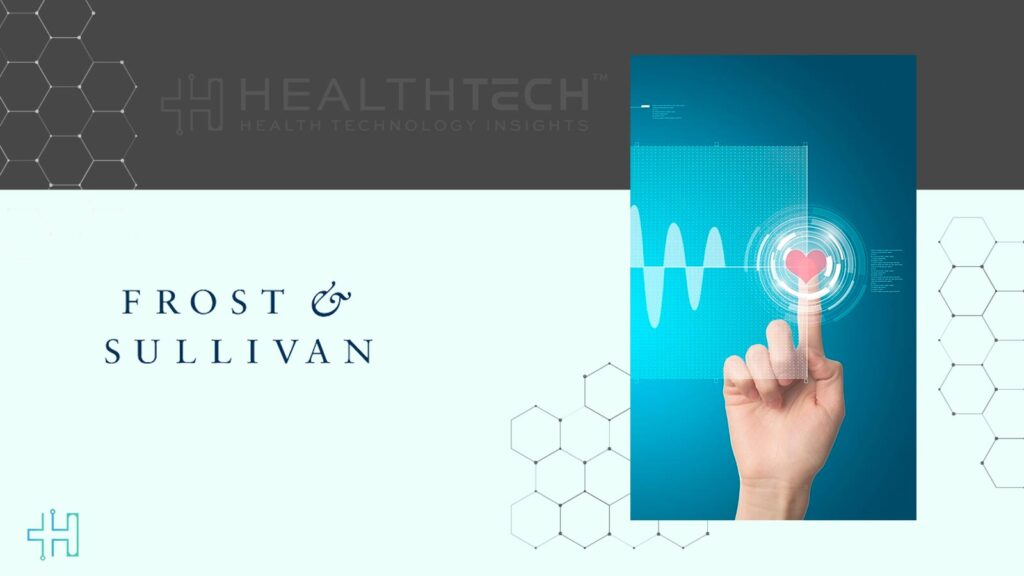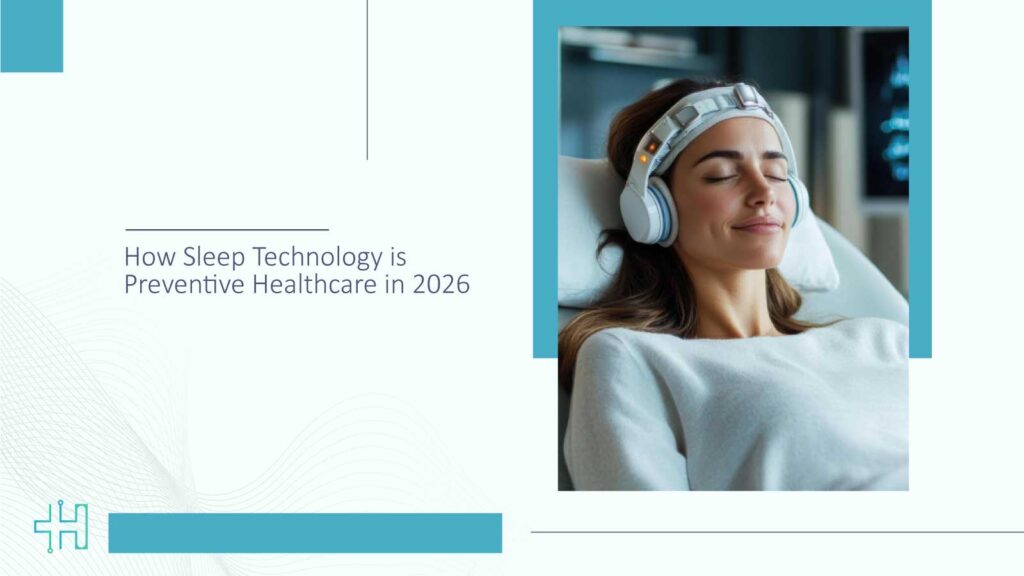In today’s rapidly evolving Gen AI in Healthcare, two powerful forces are reshaping how we diagnose, treat, and manage health conditions: Generative artificial intelligence (GenAI) and precision medicine for cardiometabolic health. GenAI promises to revolutionize operational efficiency, financial workflows, and clinical outcomes, while advancements in cardiometabolic treatments pave the way for personalized, patient-centered care. However, these innovations come with challenges, including data privacy concerns and the need for tailored therapeutic options.
HealthTech Insights: AI Healthcare Innovations: How They’re Shaping the Future for Patients and Investors
Generative AI: Revolutionizing Healthcare Operations
GenAI, powered by advancements like ChatGPT-4, is reshaping healthcare by optimizing workflows, reducing costs, and improving patient care. However, to fully harness its capabilities, healthcare organizations must begin implementing GenAI in foundational areas such as documentation and knowledge management, before scaling across the healthcare value chain. Additionally, organizations need to address cybersecurity concerns, as healthcare faces a growing threat of cyberattacks, with projected costs reaching $90 trillion by 2030.
HealthTech Insights: Advantech Unveils Hailo-8 Powered AI Acceleration Modules for High-Efficiency Vision AI Applications
“Generative AI is transforming healthcare by streamlining/creating workflows, cutting costs, and enhancing patient care. It’s capacity for automation and enhanced decision-making support is critical for healthcare organizations focused on elevating patient outcomes and population health. However, to maximize its benefits, organizations should start with manageable use cases like documentation and knowledge management while also tackling adoption, integration, and cybersecurity challenges. Looking ahead, there are numerous opportunities—from next-generation digital front doors to automated prior authorization processes, and personalized communication, all designed to enhance provider, payer and patient experiences for better health outcomes.”
HealthTech Insights: Medscape and HIMSS Release 2024 Report on AI Adoption in Healthcare
Nitin Manocha
Growth Expert & Senior Industry Analyst, Frost & Sullivan
Precision Medicine in Cardiometabolic Health
Cardiometabolic diseases, including obesity, type 2 diabetes, and cardiovascular disease, are on the rise globally. Traditional treatment models often lack personalization and fail to address the unique needs of individual patients. Precision health aims to change this by integrating genomics, pharmacogenomics, and omics-based research to develop tailored therapies.
HealthTech Insights: AI’s Growing Role in Transforming Healthcare Delivers Innovations in Diagnostics, Patient Care
Key Opportunities for Stakeholders in Cardiometabolic Health
- Glucagon-Like Peptide-1 (GLP-1)-Based Multi-Agonists: Focus on developing advanced therapies that offer effective weight loss with improved tolerability.
- Bioinformatics for Data-Driven Research: Harness data analytics to identify novel drug targets.
- Precision Health Partnerships: Collaborate in high-prevalence regions to enhance diabetes management through tailored interventions.
HealthTech Insights: Medscape and HIMSS Release 2024 Report on AI Adoption in Healthcare
Embrace the Future of Healthcare Innovation
For a deeper dive into these transformative trends, download our full analysis and join our upcoming webinars, where leading industry experts will discuss the role of GenAI and precision medicine in driving healthcare innovation.
To participate in our interviews, please write to our HealthTech Media Room at news@intentamplify.com
Source – Prnewswire







